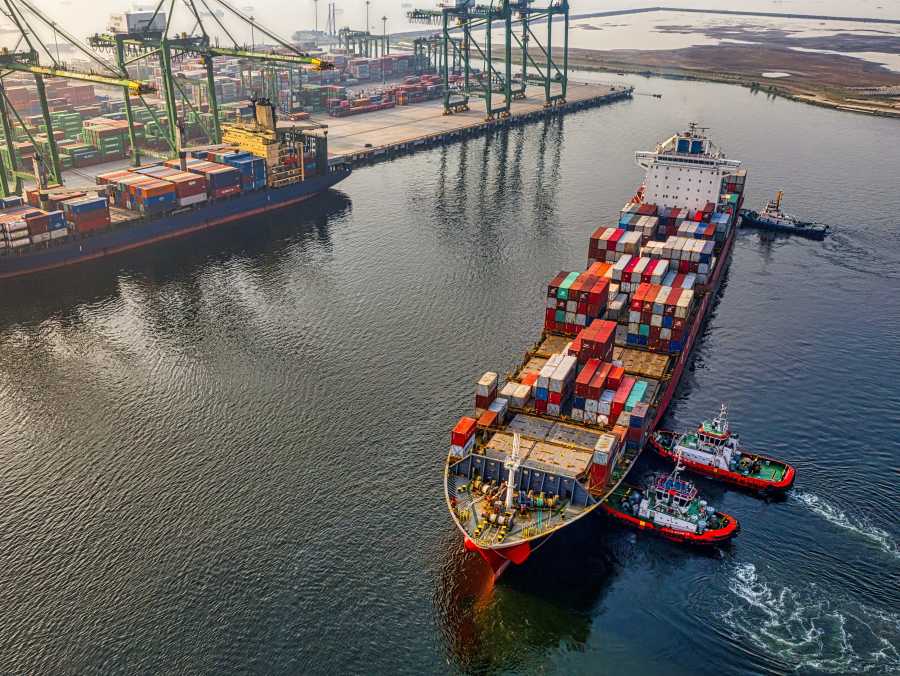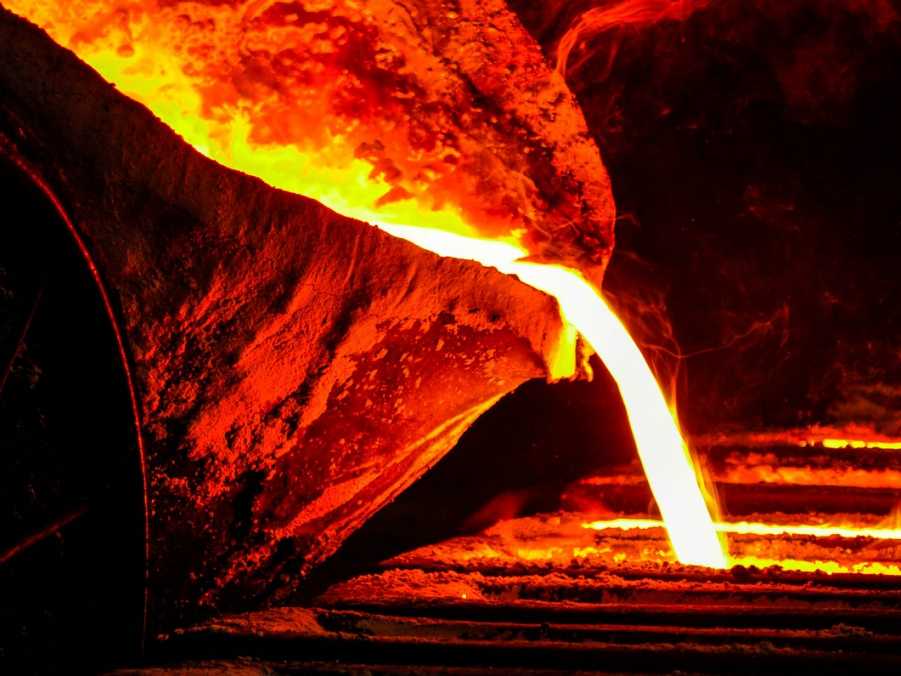Global supply chains

Production, trade and consumption of goods have become increasingly connected worldwide. Metals are exemplary for these complex global supply chains, as they are mostly extracted and processed in a different country than ultimately consumed. Thus, the environmental and social impacts of metals production in one country are linked to the consumption somewhere else on the globe. Like many high-income regions, Switzerland strongly relies on metals imports and thus almost the entire climate, health, water stress and biodiversity loss- footprint of Swiss metals consumption is caused abroad (>98%). Consequently, transparency on global value chains and their impacts is crucial for a more sustainable production and consumption of commodities, such as metals. Multi-regional input-output (MRIO) analysis is one form of life-cycle analysis that provides this information, but several limitations exist concerning the methodology and databases available. In one of the research projects at the Swiss Minerals Observatory, we provided an improved MRIO methodology1 and database2 for creating transparency on global value chains and their environmental and social impacts, as recently illustrated in a external page related study3 on the global value chain of plastics. In the Swiss Minerals Observatory, we illustrate the importance, versatility and broad applicability of the improved method and database by further application examples. This also includes a external page case study4 on the environmental and social impacts of global metals production, consumption, and trade, and an in-depth analysis on Swiss gold trade.
References
- Cabernard, L.; Pfister, S.; Hellweg, S., 2019. A new method for analyzing sustainability performance of global supply chains and its application to material resources. Science of the Total Environment, 684, 164-177.
- Cabernard, L.; Pfister, S., 2020. A highly resolved MRIO database for analyzing environmental footprints and Green Economy Progress. Science of The Total Environment, 142587.
- Cabernard, L., Pfister, S., Oberschelp, C., & Hellweg, S. 2021. Growing environmental footprint of plastics driven by coal combustion. Nature Sustainability, 1-10.
- Cabernard, L., Pfister, S. and Hellweg, S., 2022. Improved sustainability assessment of the G20’s supply chains of materials, fuels, and food. Environmental Research Letters, 17(3), p.034027.


